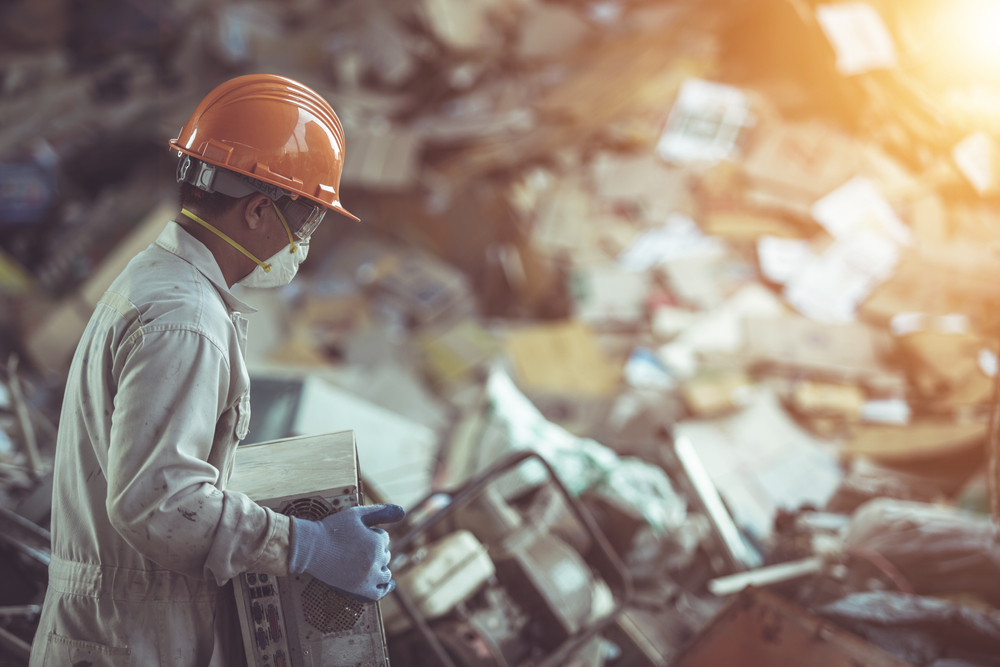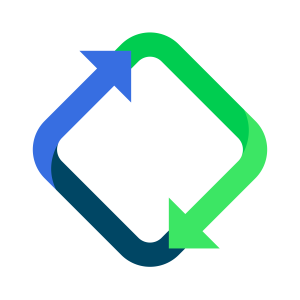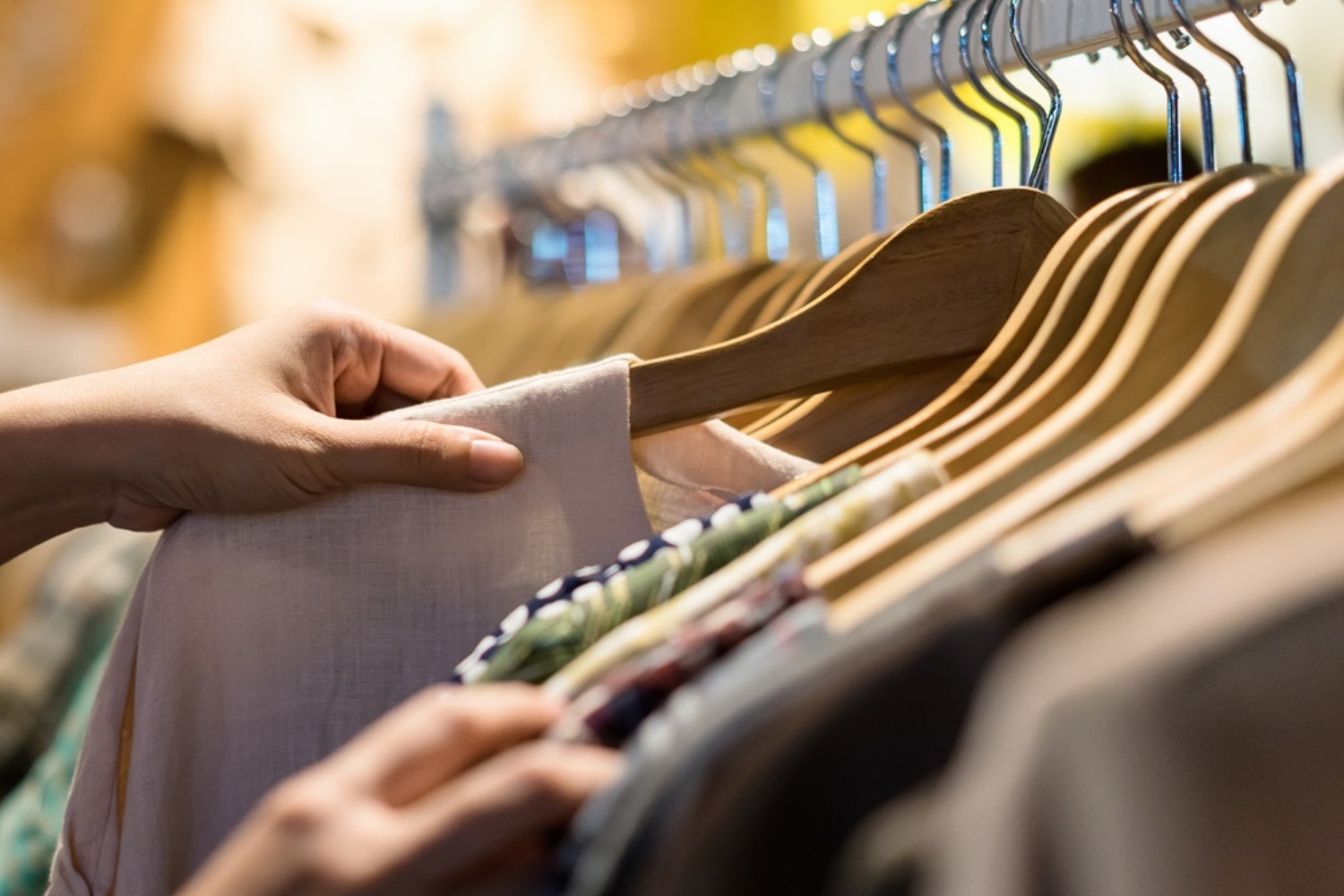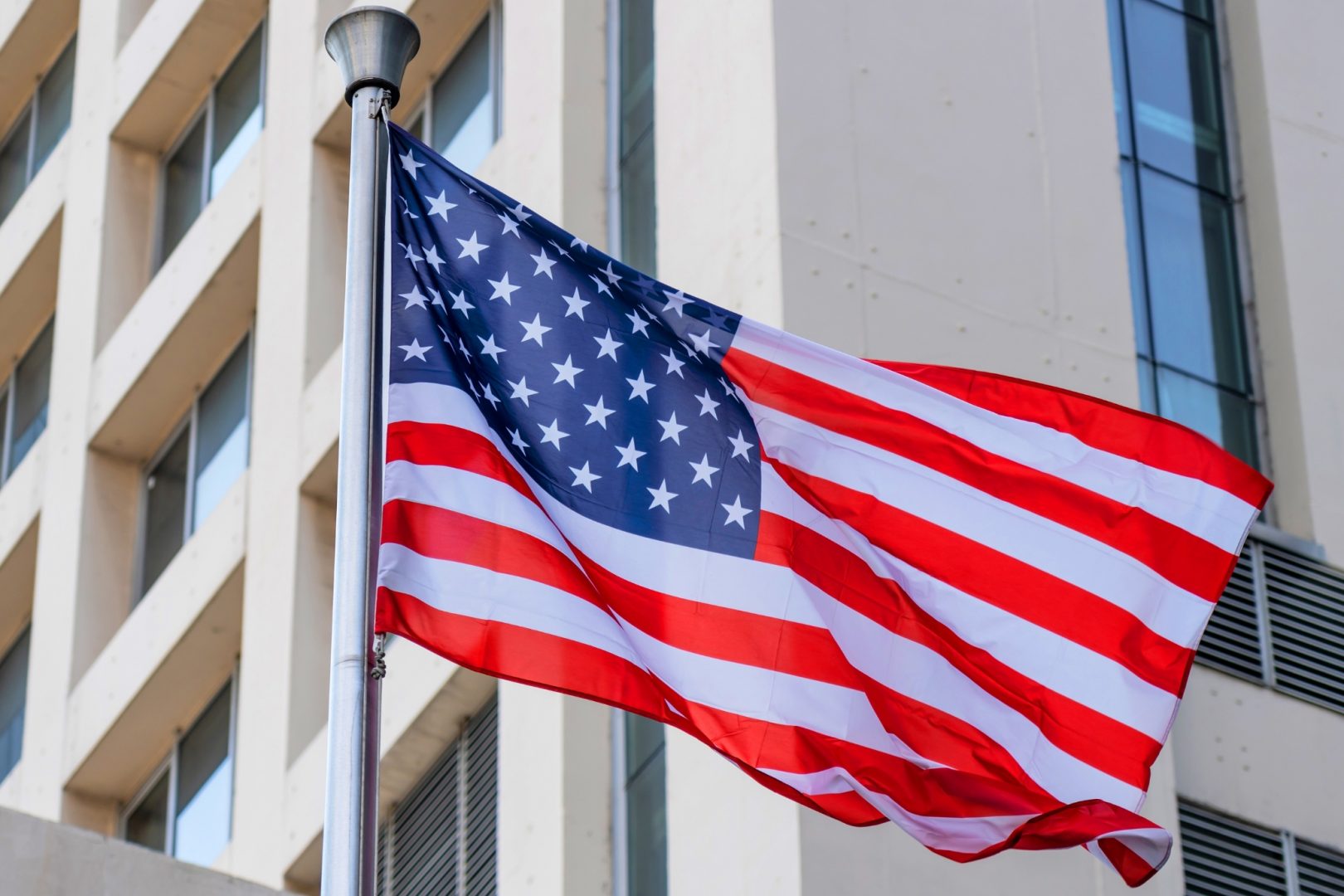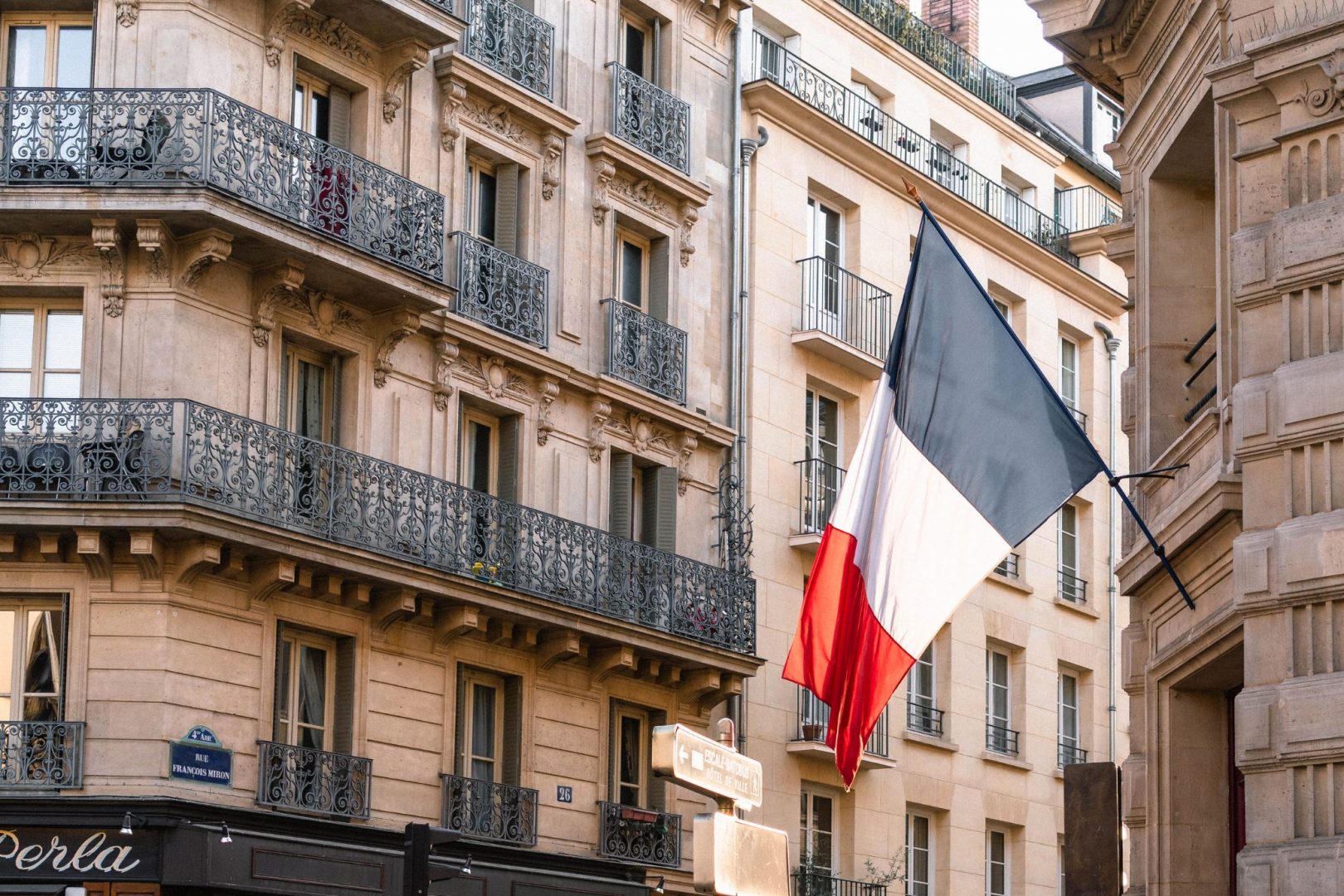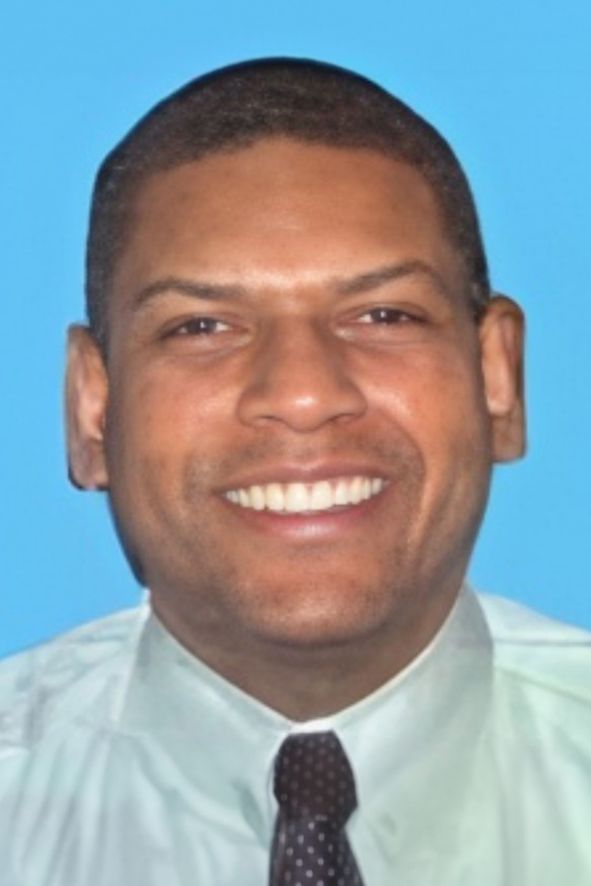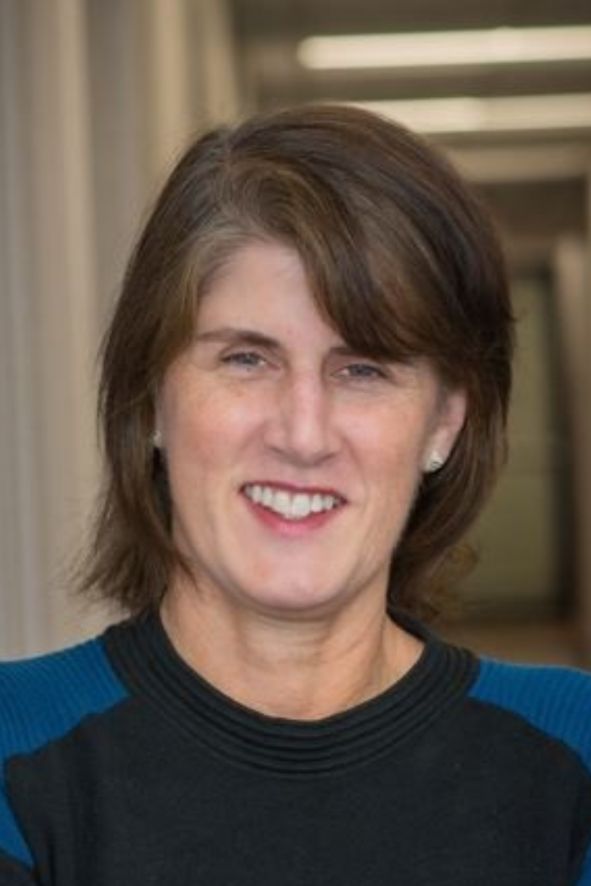RLG Impact Series: Formalizing India’s Informal Electronic Waste Sector
- 25. March 2021
- Blog, Success Stories
Driven by strong economic growth and changing consumption patterns, electronic waste (e‑waste) generated in India has increased by more than 60 percent since 2016. With 3.2 million tons in 2019, the country is the third largest e‑waste producer worldwide, according to the Global E‑waste Monitor 2020. The Indian e‑waste market is dominated by the informal sector, the part of the economy that is neither taxed nor monitored by any form of government. It accounts for about 90 percent of the e‑waste to be processed. Yet, the huge volumes of e‑waste combined with insufficient and poor working conditions in addition to low ecological standards, endanger people and the environment alike. For this reason, RLG India is taking a systemic approach with all relevant stakeholders, aiming to include the informal sector in a formal end-to-end process.
The underlying problem
The informal sector operates in an unstructured set up, which is unregulated and does not follow the prescribed environmental norms for handling hazardous substances. This is highly problematic as the processing of e‑waste is very complex and, if not handled properly, has the potential to cause serious harm on several levels.
Occupational health issues: There is little regulation to protect the health of those who are in direct contact with e‑waste. Thus, the employed workers are often exposed to polluted air, fire, acid and other chemicals. In addition, there are inadequate sanitary facilities and insufficient clean drinking water available in their workplaces.
Environmental pollution: Furthermore, the informal processing of e‑waste is not monitored for compliance with environmental regulations. Non-recyclables simply end up in landfills and spent fluids are dumped without any control mechanisms. As a result, toxic compounds such as chemicals and heavy metals may contaminate the soil and groundwater.
Inefficient recovery of materials: Since electrical and electronic equipment is processed in a rudimentary manner, the efficiency of its recovery is limited in terms of collection and recycling amounts. Consequently, valuable materials such as precious metals, rare earths, ferrous and non-ferrous metals, plastics and glass are lost, which means that the full economic potential of e‑waste remains untapped.
RLG India’s inclusive systemic approach
An integrative approach involving all market participants is essential to protect people and nature, as well as to process the huge quantities of e‑waste as efficiently and sustainably as possible. RLG India transforms members of the informal sector into a cornerstone of the formal e‑waste management process by formalizing them as integral stakeholders. This was done in clusters and at the pan-India level.
RLG aims at educating players in the informal sector on safe collection, storage, and recycling processes, as well as accounting and documentation practices. Further, guidelines show how to obtain an official business license and how individual collectors can join forces to benefit from synergy effects. Recycling facilities are equally encouraged to professionalize their business, being audited, and contracted to establish safe workspaces and reliable material downstream. The consistent work with the “kabadiwalas” (waste collectors) is having an impact as six of them, have formalized their operations and set up their own recycling and dismantling units as per the guidelines of the E‑Waste Management Rules of 2016.
Since November 2020, RLG India has been working with the German Federal Ministry for Economic Cooperation and Development (BMZ) to further expand this inclusive approach through the ‘E Safai’ project. It contains a series of online and on-ground campaigns in selected cities starting with Delhi and Hyderabad and aims at raising awareness of the safe and sustainable handling of e‑waste among various stakeholders. This again includes the integration of the informal sector into the formal ecosystem. The goal is to reach 1000 informally employed workers, 80,000 students, 200,000 people through office clusters, 1,500 through bulk consumers, 15,000 people in Resident Welfare Associations (RWAs) and create more than 1,000 employment opportunities in the collection, dismantling and recycling sectors by bringing on board four dismantlers in India.
Visit rlgindia.com and the awareness campaign website cleantogreen.in to learn more!
